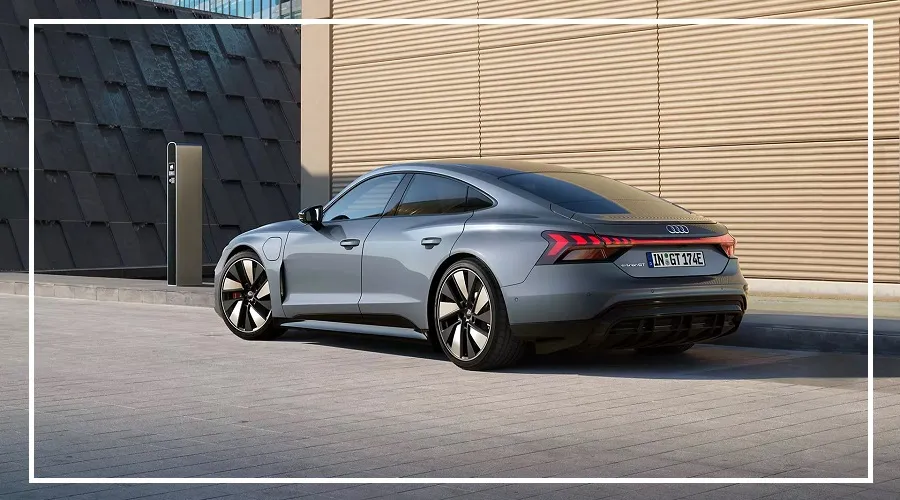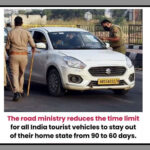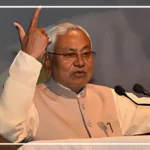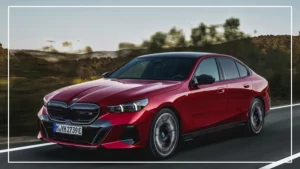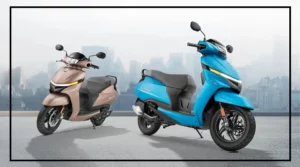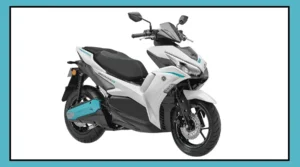Currently, all passenger vehicles and two-wheelers are taxed at 28% GST.
This Diwali, the government might give a big relief to the automobile sector. A proposal has reportedly been prepared to reduce the Goods and Services Tax (GST) on passenger vehicles (PVs) and two-wheelers from the current 28% to 18%.
If approved, this move will directly reduce vehicle prices, making cars and bikes more affordable for consumers.
Current Tax Structure
At present, all passenger vehicles attract 28% GST. In addition, a cess ranging from 1% to 22% is levied based on factors like engine size, vehicle length, and body type.
Because of this, the total tax on some vehicles can go up to 50%. However, electric vehicles are taxed at just 5% GST with no additional cess.
Two-wheelers are also taxed at 28% GST. Models with engine capacity up to 350cc do not attract any cess, while bikes above 350cc come with an extra 3% cess.
Major Changes in GST Being Considered
Three Groups of Ministers (GoMs), formed by the GST Council, are expected to meet this week to discuss a new proposal to simplify the GST structure.
Under the proposed changes, the 5% and 18% tax slabs may remain, while the 12% and 28% slabs could be removed.
This would directly benefit both the car and two-wheeler segments. However, luxury or ‘sin goods’ like high-end cars may still be taxed up to 40%.
PM Modi’s Diwali Promise
Prime Minister Narendra Modi, in his speech on the 79th Independence Day, hinted at a major announcement for the public this Diwali.
He said, “This Diwali, I will give you a big gift. It will be a double Diwali. We implemented GST eight years ago and now it’s time to review it.
A high-power committee has been formed and discussions with states have taken place. We are now moving towards the next generation of GST reforms.
These changes will reduce the tax burden on common people, benefit MSMEs and small businesses, and lower prices of everyday goods.”
Industry Voices and Challenges
The proposed GST cut is especially important for the auto industry. Rising interest rates, new safety rules, and strict emission norms have all pushed up vehicle prices.
Leaders in the industry—like Maruti Suzuki Chairman R.C. Bhargava, Hero MotoCorp Executive Chairman Pawan Munjal, and Bajaj Auto CEO Rajiv Bajaj—have been requesting a GST reduction on two-wheelers and small cars from 28% to 18% for a long time.
Sales Trends
Sales of small cars dropped by 11.58% in FY25, falling to 12,79,467 units from 14,47,060 units in FY24.
However, sales of entry-level motorcycles (with engines up to 110cc) stayed steady, reaching 56,57,125 units in FY25.
What the GST Cut Could Do
Experts believe that reducing GST on motorcycles and small cars to 18% will lower their ex-showroom prices.
This is expected to boost demand, especially for entry-level models, which have seen slower recovery in recent years.
According to analysts, this move could not only drive up sales but also support manufacturing growth and generate new employment opportunities in the automobile industry.


